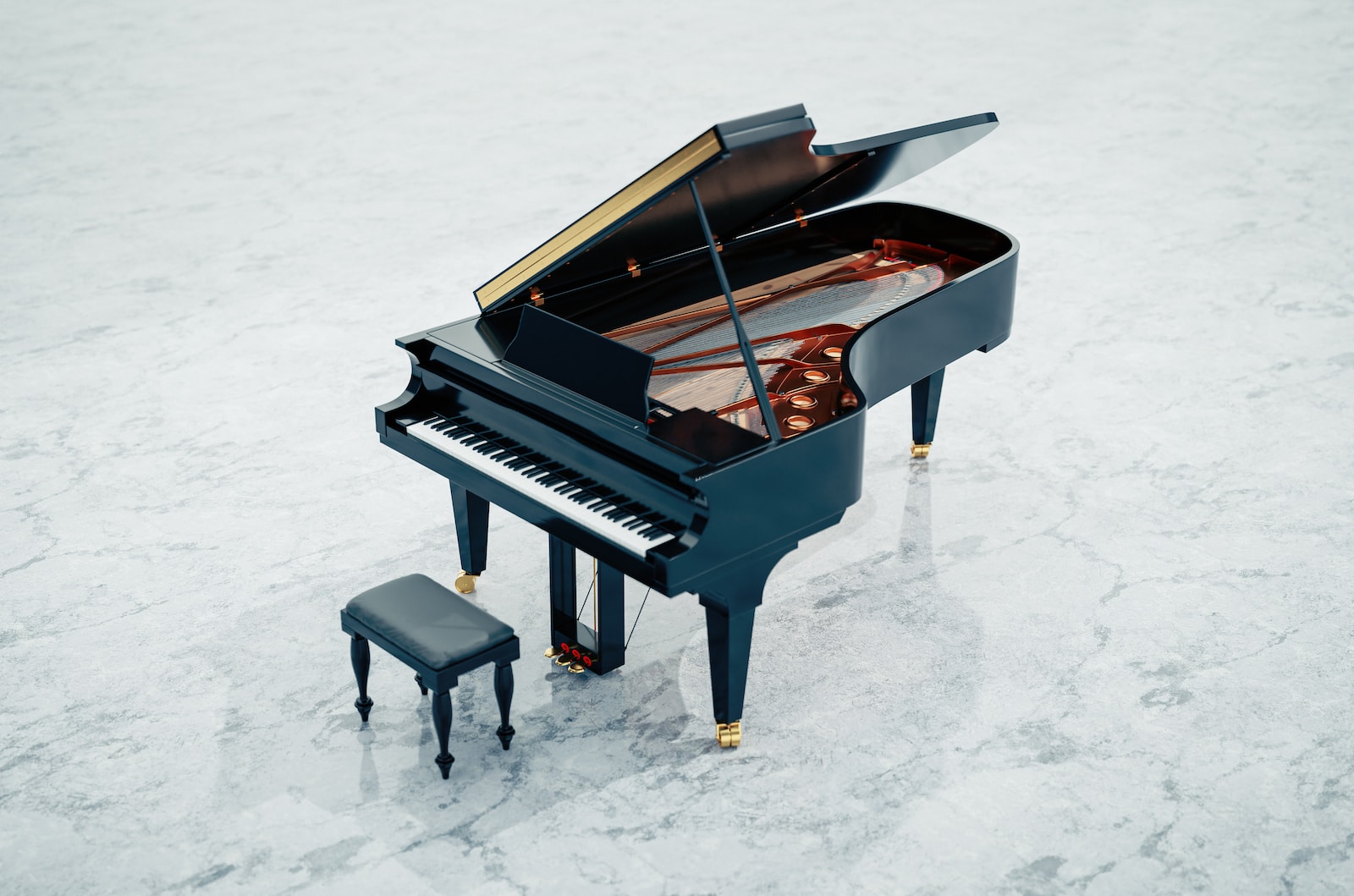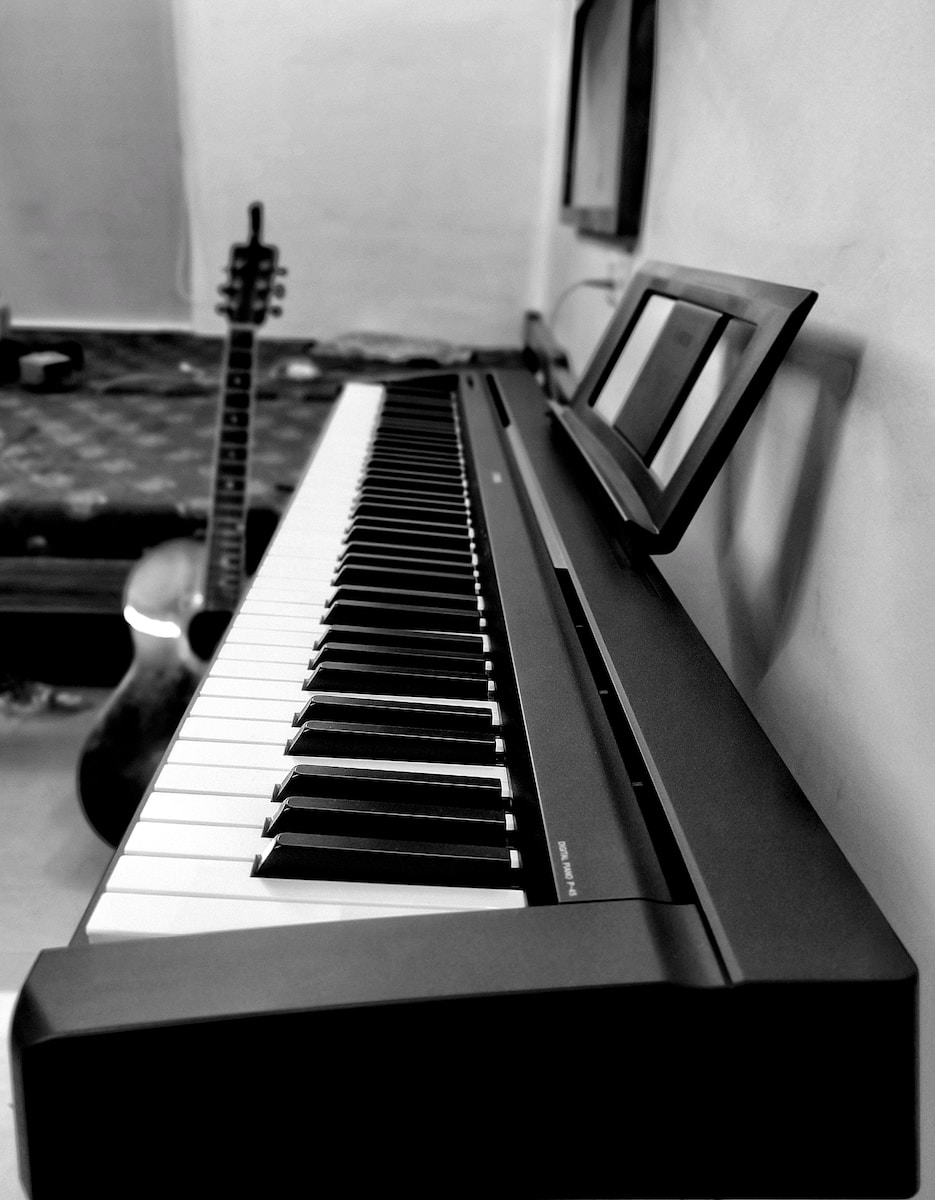 Acoustic pianos and digital pianos are two types of musical instruments designed to produce piano sounds, but they differ in several ways. Here are the key differences between acoustic and digital pianos from different perspectives:
Acoustic pianos and digital pianos are two types of musical instruments designed to produce piano sounds, but they differ in several ways. Here are the key differences between acoustic and digital pianos from different perspectives:
- Sound quality: Acoustic pianos produce a richer, more organic sound than digital pianos, which often use sound samples to simulate the sound of an acoustic piano. Acoustic pianos also offer a wider range of tonal variations and dynamics, which can be influenced by factors such as the piano’s age, condition, and tuning.
- Maintenance: Acoustic pianos require regular maintenance, such as tuning and voicing, to keep them in optimal condition. Digital pianos, on the other hand, require very little maintenance, as they do not have any moving parts or strings.
- Touch and feel: The feel of an acoustic piano is unique and cannot be fully replicated by a digital piano. Acoustic pianos have weighted keys that respond to the player’s touch, while digital pianos use sensors and electronics to simulate the touch and feel of an acoustic piano.
- Price: Acoustic pianos are generally more expensive than digital pianos due to the cost of materials and manufacturing. Digital pianos are typically more affordable and offer a wider range of features, including recording capabilities, built-in sounds, and effects.
- Portability: Acoustic pianos are heavy and difficult to move, while digital pianos are lightweight and can be easily transported. This makes digital pianos more convenient for musicians who need to move their instrument from one location to another.
- Versatility: Digital pianos offer a wide range of features, including the ability to produce a variety of sounds, record and playback performances, and connect to computers and other devices. Acoustic pianos, on the other hand, are designed to produce one sound only and do not offer any additional features.
Advantages:
- Rich and authentic sound that cannot be fully replicated by a digital piano.
- Unique touch and feel that many players prefer.
- Long lifespan if maintained properly.
- Resale value tends to hold up well over time.
- Can add character and aesthetic value to a room.
Disadvantages:
- Expensive to purchase and maintain.
- Bulky and heavy, difficult to move.
- Sensitive to environmental changes and may require frequent tuning and repairs.
- Limited features and sounds compared to digital pianos.
- Volume cannot be adjusted or muted.
- Wide range of features and sounds, including the ability to replicate other instruments.
- Lightweight and portable.
- Low maintenance requirements.
- Volume can be adjusted or muted.
- Affordable compared to acoustic pianos.
Disadvantages:
- Cannot fully replicate the touch and feel of an acoustic piano.
- Sound quality may not be as rich or authentic as an acoustic piano.
- May require upgrades or replacements of sound chips or software.
- Resale value may decrease over time as technology advances.
- Appearance may not add character or aesthetic value to a room.












































































































